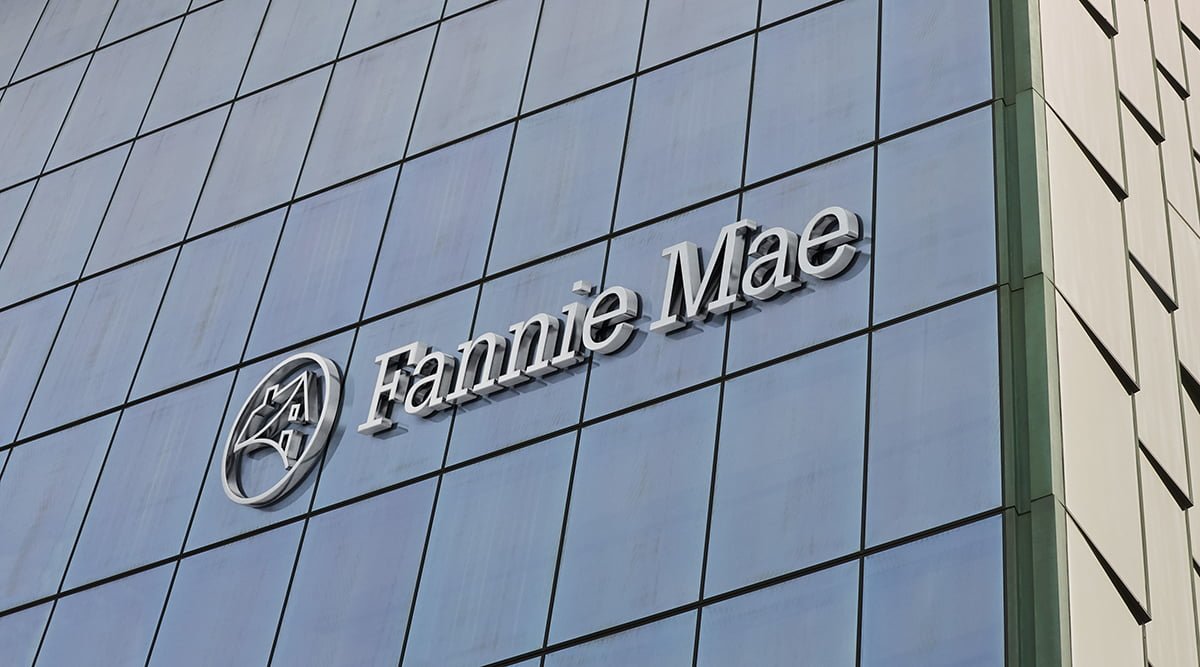Fannie Mae and Freddie Mac junior preferred shares could increase by at least 100% if one analyst is correct. Dick Bove of Odeon Capital said Josh Rosner of Graham Fisher & Co., who has testified multiple times in front of Congress about the government-sponsored enterprises, discussed them with the Odeon team.
Q2 2020 hedge fund letters, conferences and more
Among the talking points was the likelihood that negotiations on what to do about the GSEs will have to begin, leading to a resolution by the time of the inauguration date of the winner of the presidential election. Bove believes the end result for holders of Fannie Mae junior preferred shares is at least a 100% increase in the value of the stock.
Rosner said it is in the government's best interest to settle with the plaintiffs before the Supreme Court in the Collins case. If the government loses, it could own Fannie Mae and Freddie Mac $130 billion. Additionally, the Federal Housing Finance Agency could be declared unconstitutional, and the next president could fire FHFA Director Mark Calabria. However, these last two points have already effectively happened due to the impact of the Seila case on the government-sponsored enterprises.
If the government wins the Collins case, it will still have to eliminate the senior preferred shares and the net worth sweep if it wants to recapitalize and release Fannie and Freddie from their conservatorships. The government has already spent more than $100 million on legal fees and achieved nothing but "maintenance of the status quo," Bove added.
Also if the government wins, it will create a precedent in which the federal government can take whatever it chooses from possibly any company whenever it chooses to do so, striking at the heart of private property rights.
Bove believes the president, the Treasury secretary and FHFA director are united in their belief that Fannie and Freddie must be recapitalized and released from conservatorship. To do this, the lawsuits over the Fannie Mae and Freddie Mac junior preferred shares will have to be settled. The senior preferred shares and the net worth sweep will also have to be eliminated.
Here are the negotiables
In the negotiations over the Fannie Mae and Freddie Mac junior preferred shares and the Collins case, the government will want clear indications that both GSEs are truly safe and sound. Bove believes the government will also want some control over the companies.
He also expects the government to want a commitment fee of possibly 10 to 15 basis points for any government guarantees on 30-year fixed-rate mortgages. Additionally, the government will want freedom from a political problem "no one wants to deal with." He believes Joe Biden, if elected, would probably be happy if he never had to deal with Fannie and Freddie.
In exchange, investors will want the standing and rights of Fannie Mae and Freddie Mac junior preferred shares to be restored along with their lost dividends. They will also want to see value created for common shareholders.
In order for both sides to agree on the matter, several issues must be addressed. For example, Bove said the FHFA's failures to meet certain requirements of the Housing and Economic Recovery Act of 2008 will have to be corrected. He also said some internal government issues must be corrected, and a capital rule must be put in place.
Fannie Mae and Freddie Mac will have to hold public offerings, and the GSEs may have to acquire government warrants.
Bove doesn't expect to see dividend payments on the Fannie Mae and Freddie Mac junior preferred shares. He also doesn't expect the junior preferred shares to be converted into common shares or full payment of par value on preferreds.
He also gave an expected timeline for the recapitalization and release process. By late September, all comments on the proposed capital rule will have been received, and the rule will be in place by late October. By mid-November, he expects a resolution of the senior preferred shares, possibly eliminating the Supreme Court decision.
Also in November, he expects the GSEs to submit their required capital data. Then in December, he expects the resolution to begin ahead of a target date for the resolution in mid-January.








